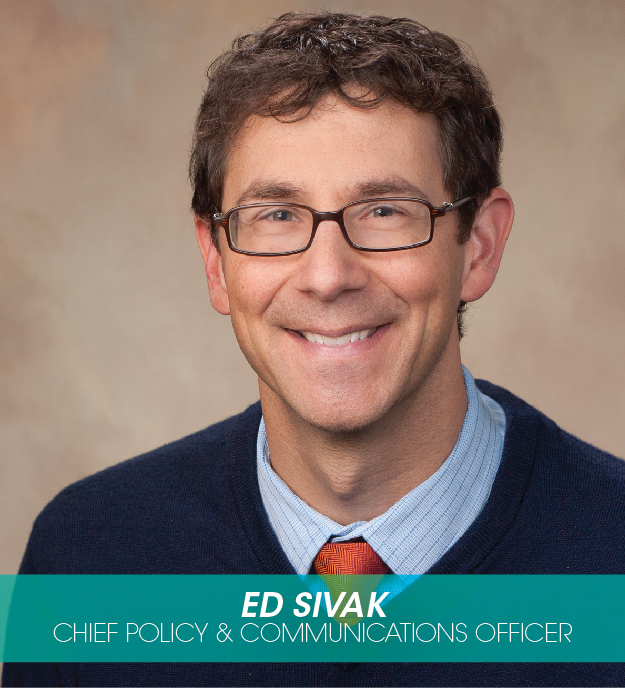In reality, accepting the federal funds that have already been allocated to our state to cover more of Mississippi’s working families through Medicaid is a great deal for the state of Mississippi. It will help our economy, our state finances, and people’s health, and it will not take tax dollars from our schools.
First, if the Mississippi legislature expands Medicaid, it will not cost the state a single dime for the first three years, because the federal government will pay 100 percent of the medical services costs and new revenue generated from expansion will cover the administrative costs. Down the line, the state will have to pay for a small share – 10 percent – but the federal government will continue to foot the rest of the bill, bringing millions of dollars into our economy each year while making our economy more healthy and productive.
Even paying for this very small part of the expansion won’t take money from our schools, because expanding Medicaid will actually save Mississippi money in other ways. That’s because insuring low-wage working people through Medicaid will allow the state to curb other health care spending, which is currently being used in an inefficient way.
If working Mississippians can get preventative care through Medicaid before they get sick, they can avoid costly emergency room visits and reduce hospitals stays, two of the most expensive forms of health care. Regular care that helps a patient manage a chronic illness can also save money in the long run.
For example, Mississippi has one of the highest per capita concentrations of leg amputations in the country because of untreated or unmanaged diabetes. In a number of cases, the condition goes untreated because individuals don’t have insurance. An amputation requires a hospital stay, and it increases the likelihood that the patient will leave work and turn to government disability assistance. With consistent, preventative care through Medicaid expansion, this costly situation can be avoided, saving the state money and keeping our workforce healthier.
Second, if the state doesn’t expand Medicaid, it will need to spend more money in other ways. Hospitals throughout the state – including those that receive state support – are facing massive funding cuts. The cuts include reductions in federal payments to hospitals that treat high numbers of people without insurance, known as Disproportionate Share Hospital Payments or DSH payments. The DSH payment cuts come on top of other cuts that hospitals are facing as a result of federal laws.
During the legislative session, one hospital administrator explained to lawmakers that his hospital had already laid off workers and was planning to reduce the wages of nurses. Another administrator warned of having to cut mental health services. If hospitals are unable to provide mental health services, people in need will undoubtedly turn or be turned to other taxpayer funded mental health and public safety institutions, which in turn will require more state funds to deal with the influx.
Third, the letter implies that the state must choose between funding Medicaid and education, but the reality is that this decision is part of a complex series of spending and tax decisions that reflect the lawmakers’ priorities. During the legislative session, our lawmakers passed a number of tax breaks for corporations – many with unknown price tags – making it impossible for the legislature to understand how much those tax breaks would take away from education and health care investments. Such tax breaks are unlikely to have the same positive economic impact as Medicaid expansion, which will bring in over $1 billion in federal funds to the state and increase employment by over 9,000 jobs as early as 2017, according to the Mississippi Institutions for Higher Learning.
Finally, there is no question that education and health are inextricably connected. When parents have health insurance, their children are more likely to get the health care that they need. A sick child will have a hard time learning and succeeding in school, and will likely be less productive as an adult. Medicaid expansion is yet another way that we can ensure that Mississippi’s children arrive at school everyday ready to learn and succeed.
The bottom line is Mississippi needs an educated and healthy workforce. Both are top priorities and to suggest any differently presents a false choice. Medicaid expansion will help our economy and make people healthier. Turning our backs on that opportunity would be a huge mistake.






